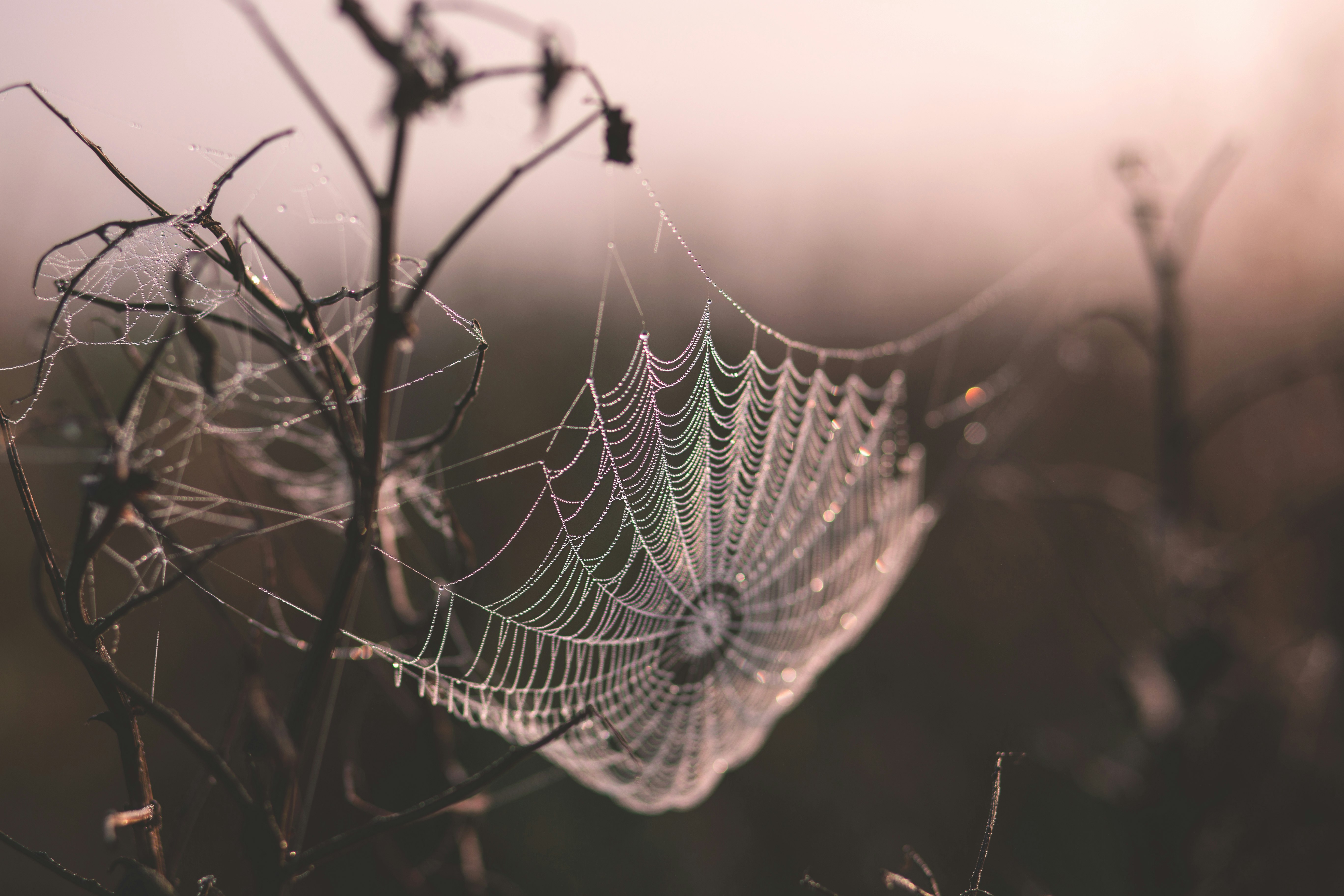Fun fact to start off this post: my computer wanted to autocorrect Rebecca Traister to Rebecca Traitor. So, for all those of you who think that encouraging ladies to stay single, should they so desire it, is destroying society, my computer agrees with you.
All The Single Ladies is a non-fiction book about single women, both during the turn of the 20th century when first-wave feminism was getting itself going, and today. Traister researched and interviewed a host of women to see what life is like for single women, addressing everything from family to loneliness to work to romance.
Thoughts and Questions:
One of my biggest takeaways is that the lives of single ladies and peoples' attitudes towards single ladies has both changed a ton since the early feminists and not much at all.
Not much at all: there are STILL articles being written about the breakdown of civil society that is, apparently, both
actually happening and caused by unmarried people. Specifically, this is the fault of women who don't get married, because apparently men have no say in the matter and haven't been complaining about getting "tied down" in sitcoms since the dawn of television. (Dudes, you can't saddle us with the responsibility for maintaining civil society while treating us like we're incompetent sillies. It just doesn't fly.)
Not much at all: women are still encouraged to marry as a way to ensure a stable, economically sound, and happy life, as if any marriage itself is the answer and not, you know, community, self-sufficiency, and finding a good partner.
Changed a ton: women have the option of getting really good jobs now that are actually interesting.
Changed a ton: when I talk to people, even one generation older than me, they talk about getting married and having kids as "just the thing you did", without putting that much thought into it. Now we put a lot of thought into it. That's pretty huge.
Changed a ton: while single parenthood has always been a thing, it is more acceptable and supported than ever before. Of course, this "acceptability" mostly lies with wealthy, white women who are choosing to become mothers on their own. It seems our collective view of minorities and young single mothers is just as low as it's ever been.
Not much at all: speaking of our view of minorities, the advancement of women, in general, still applies mainly to white, middle- to upper-class women. This advancement tends to occur on the backs of the labour of poor women and women of colour being paid low wages to do the less-glamorous jobs.
As a whole, the book was really fantastic. It was incredibly interesting, funny, empowering, and infuriating, all at once. It motivated me to think more about my life as a whole.
It is also quite repetitive. Because it is split up by topic (work, babies, friendships, illness, etc.), it basically went like this: women used to have no choices; some very awesome women in the past started making different choices and being public about it; now women have more choices, which has its benefits and pitfalls. Repeat.
Here's one nit-picky nit I'll pick with Traister: she refers constantly to women
choosing to delay (or reject) marriage. While I appreciate her empowering use of the word "choice", I actually don't think it usually is a choice. Sure, Beyoncé decided she wouldn't consider getting married before the age of 25, and some women don't want to ever partner up. For them, this is an active choice. I would argue, though, that for most women who are single, the simple answer is that we haven't yet met people who we want to marry and who also want to marry us. The choice, if there is one, is to not marry the next available person because we
had to. In the meantime, we continue to live our lives.
Which is really what this book is about: how women continue to live their lives, with or without husbands.
In the meantime, let's have some pizza.
The Receptionist Delivers!
Sign up for my email newsletter for a weekly digest and BONUS CONTENT!












